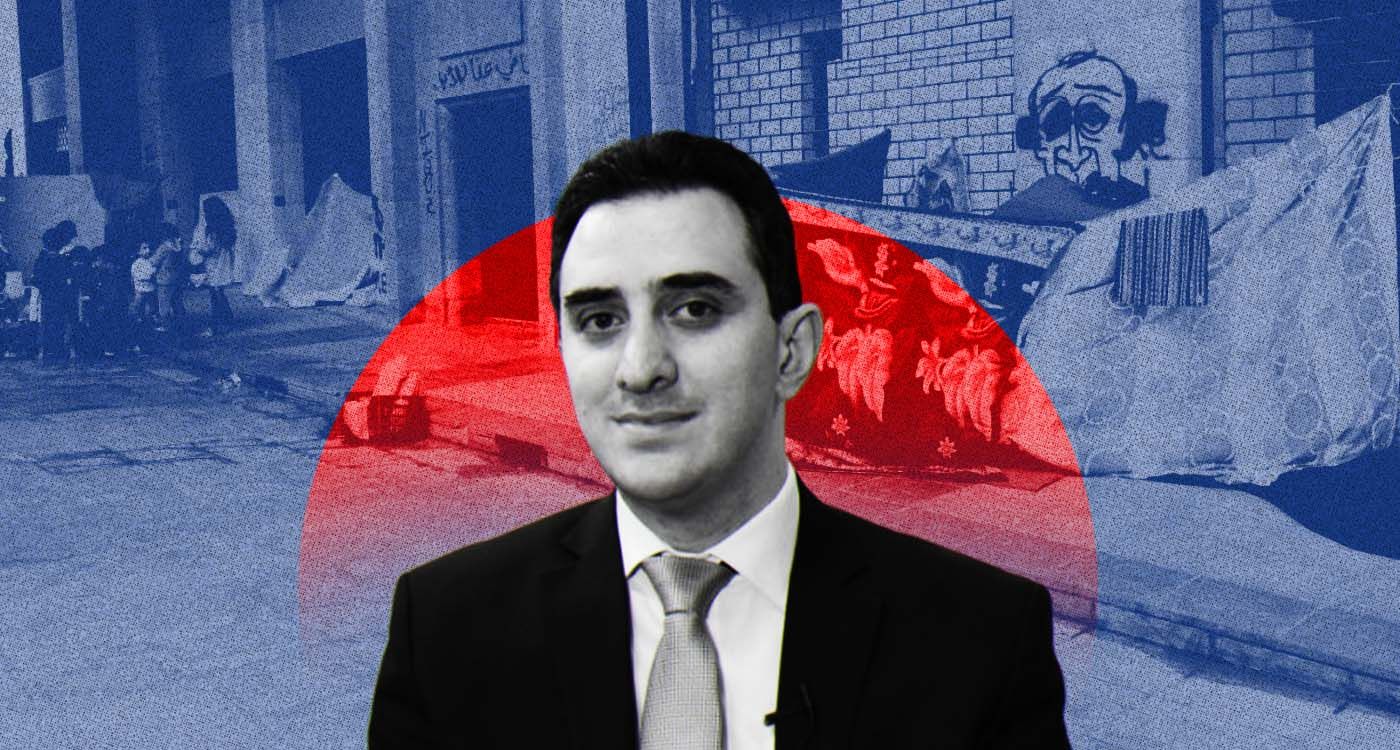
The Shiite duo (Amal-Hezbollah) reportedly has its sights set on the funds in Lebanon's Treasury Account 36 to support the displaced. This account comprises funds collected by the Lebanese state, primarily from taxes, customs duties, donations and other sources of public revenue.
Recently, Hezbollah and Amal MPs and ministers, including Hussein Hajj Hassan, Moustafa Bayram and Ali Hamiye, have been actively advocating for aid to be allocated to the displaced, funded by Treasury Account 36 at the Lebanese Central Bank (BDL). In fact, they argue that "the assistance provided by the state to the displaced is inadequate and disproportionate to the scale of the crisis," citing the example of a total aid of $37,000 for the Baalbeck-Hermel area, which accommodates 70,000 displaced people.
In this regard, they are applying significant pressure on caretaker Prime Minister Najib Mikati to convince him to adopt their position. They emphasize the necessity of including the Baalbeck-Hermel area within the jurisdiction of the Southern Council, an autonomous fund that has been in operation for at least three decades and has never undergone a comprehensive audit.
Financial stability
Lebanon's Treasury Account 36, which holds funds in Lebanese pounds, lollars (bank dollars) and fresh dollars, totals approximately $2 billion at an exchange rate of 89,500 pounds per dollar. It is crucial to note that this money was not created ex nihilo; it originates from a surplus accumulated by the Treasury over nearly two years, reflecting a slight adjustment in the Lebanese economy, which continues to be battered and struggles for survival since the onset of the multidimensional crisis in October 2019.
In the current context, the funds from Account 36 are intended to support the operations of public institutions and establishments, pay the salaries of civil servants, and facilitate occasional purchases of Iraqi fuel and other essential goods. With budget reserves nearly exhausted and only two months remaining before the end of the 2024 financial year, the situation could deteriorate even further.
Against this backdrop, the Shiite duo seemingly has a selective memory. It appears to have forgotten that the International Monetary Fund (IMF) suspended its projections for Lebanon due to the escalation of the conflict with Israel last October. Initial estimates predict an economic contraction of 9 to 10% for 2025. According to Jihad Azour, Director of the IMF’s Middle East and Central Asia Department, the latest escalation in Lebanon presents a significant source of uncertainty for the entire MENA region.
Public accounting
In an interview with This is Beirut, MP Razi al-Hage highlights that Article 27 of the Public Accounting Law explicitly regulates the state’s budgetary expenditures. He points out that all public spending must be "foreseen and approved in the budget" to be valid. This means that any unforeseen expenditures must adhere to a defined process of authorization, commitment and liquidation to ensure compliance with existing laws and regulations.
“In essence, this article establishes the legal framework to ensure that public expenditures comply with the budgetary allocations outlined in the annual Finance Law, and that the state cannot incur expenses without prior inclusion in the budget,” stated Hage.
Furthermore, amid the multidimensional crisis affecting Lebanon, Treasury Account 36 continues to be a focal point of public and political debate. Ongoing discussions revolve around its management, transparency and usage, driven by concerns regarding how these funds are allocated and spent.

Comments